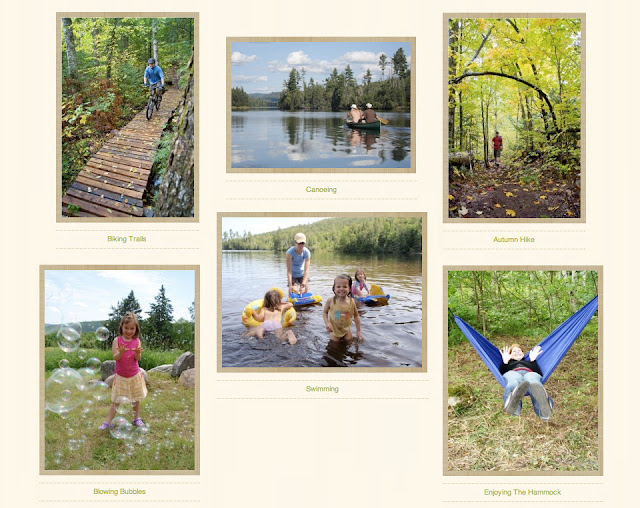Relying less on commercial food products means growing more in your own garden. Part of ensuring a healthy, productive garden is proper mulching. In fact, mulch in your garden has a number of beneficial effects that anyone trying to live off the grid should be taking advantage of.
1. Weed control. Having a two to four inch layer of mulch will help prevent the growth of weeds by reducing germination. Fewer weeds mean more resources for the garden and more bountiful crops. When you're working hard to provide your own food as an off the grid family, this can make a real difference.
2. Moisture conservation. With a layer of mulch, evaporation of soil moisture is reduced, which lessens the need for watering of the garden. Especially when living off the grid where you provide your own water supply, this is a big benefit.
3. Soil fertility. Use the right mulch and you can significantly improve the fertility of your garden's soil. Mulch can provide nutrients that your garden needs which may be lacking in the soil on your property.
4. Insulation. Mulch acts as a blanket for your garden, insulating it. Mulch keeps the soil warmer during the winter and cooler during the heat of summer. All of this results in increased production.
5. Many mulches improve soil aeration and drainage over time. Especially for plants that do poorly where water pools, proper aeration and drainage can be the difference between a great crop and an anemic one.
6. A layer of mulch can prevent a number of diseases, and also provides a barrier against damage from weed whackers and lawn mowers.
Now that you're aware of the benefits of mulching your garden, it's time to make a decision on what kind of mulch you're going to use. There are many choices, each offering their own benefits.
1. Pine bark mulch is very long lasting, and when it finally does start to break down it infuses the soil with rich organic material. This mulch shouldn't be used in areas that tend to have flowing water or heavy rains, though, as the mulch nuggets can float and spread.
2. Shredded hardwood mulch is similar to pine bark, but because it's heavier it's less likely to flow away under heavy rain. However, hardwood mulch will make the soil more alkaline when it breaks down. If you have plants that require a more acidic environment, keep that in mind. Also, because hardwood can get compacted over time, you'll want to spread it out periodically to prevent blocking rain or nutrients.
3. Colored wood mulch looks nice, but unfortunately the colors often come from additives in the wood that isn't good for your plants. Be careful if you're going to use this kind of mulch that the dyes used are safe. Sometimes mulches made from recycled wood contain arsenic from the pressure-treatment the wood may have received before it was recycled.
4. Using compost and manure for mulch can add huge amounts of beneficial organic material to the soil -- and quickly at that. This improves soil structure, nutrition and the soil's ability to store water. The disadvantage of this kind of mulch is that it doesn't prevent the growth of weeds nearly as well as mulches made from wood or needles.
When living off the grid, you need to produce as much as possible with the least amount of output. When it comes to your garden, that means you need to mulch for optimum garden performance. Many of the materials used for mulching are a natural by-product of your property (wood, compost, manure), which prevents you from having to buy any commercial products -- another plus for the off-the-grid family.
About the Author : Jonathan Leger is a gardening enthusiast. He runs a small site on the education, history and care of a variety of roses at
CabbageRoses.net













